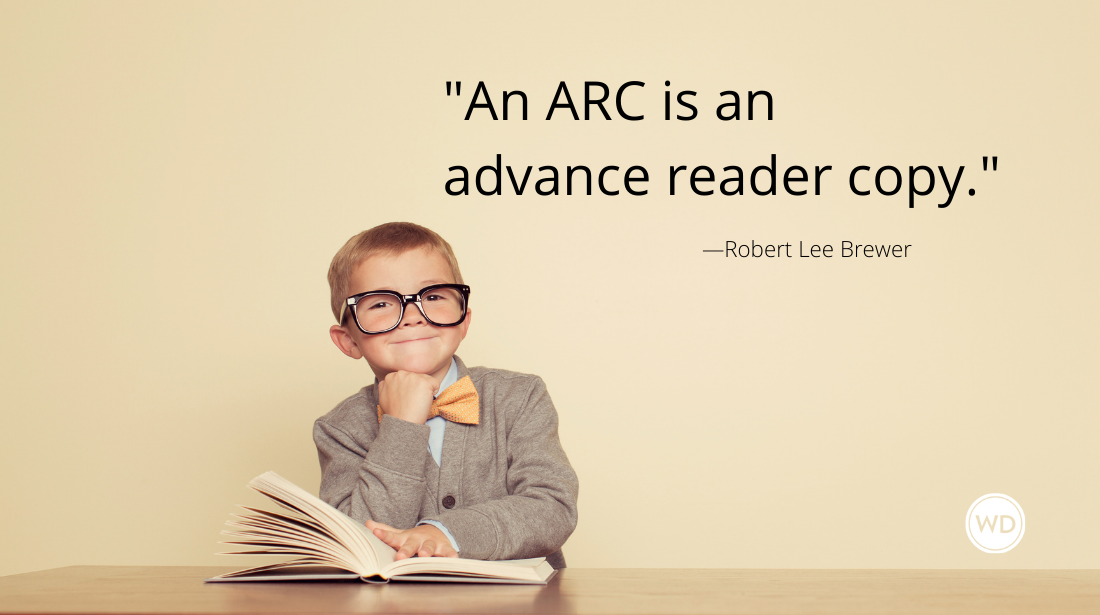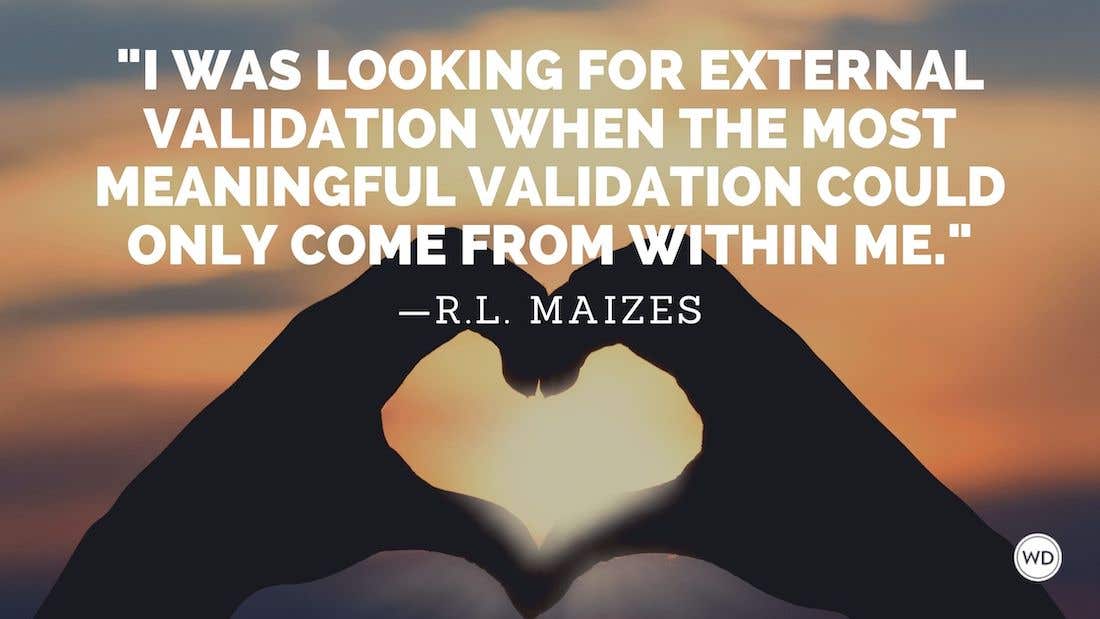When Should Writers Edit Their Work?
When should writers edit their work? As they write? Afterward? And should they put a lot of effort into it before submitting it? We dive into these questions here.
When should writers edit their work? As they write? Afterward? And should they put a lot of effort into it before submitting it? We dive into these questions here.
Disclaimer: I'm a writer. I know what it feels like when someone tells me what writers should or should not do. As such, take my advice as suggestions—backed up by years of experience. If your method works for you, then use your method. But this is what works for me and others I know when it comes to self-editing.
There are a few ways to look at the question of when writers should consider editing their work. First, should they do it before submitting for publication? Then, should they do it during the writing process? I feel the answers are similar regardless of writing genre.
So whether you're a poet, novelist, blogger, or journalist, let's break this down one piece at a time.
Every writer knows that the journey to publication is a long and hard road. Once you finish your first draft, it's time to start the arduous process of self-editing and revision. When you take this online writing workshop, you will learn the methods of self-editing for fiction writers to ensure your writing is free of grammatical errors.
Should Writers Edit Their Work Before Submitting?
The easy answer for this question is yes. Agents and editors expect pitches, proposals, manuscripts, and other submission materials to be as polished and professional as possible. This doesn't mean an agent or editor won't suggest more edits after acceptance, but the most professional writers usually require the least edits. And all writers should try to be professional.
Should Writers Edit During the Writing Process?
The answer to this question is a little trickier, especially when I consider the editing and revision process part of the writing process. And as a poet who has edited poems during live readings before, I don't think the writing process is ever completely over.
That said, I often advise writers to focus on finishing their first draft before putting in too much time on the revision or editing process. The reason for this is simple: Momentum.
I've seen many writers struggle to finish the first draft, because they get distracted fixing this problem or that scene. But I know a secret: No matter how perfect your first draft, there is going to be room for editing and revision in the second draft. So focus on finishing that first draft and then jump into the recreation process.
When Should Writers Edit Their Work? Final Thoughts.
If I notice a typo in the first paragraph while typing up the second, then yes, I'll fix it. But if I notice a structural concern crop up when I'm in the middle of an article or poem, I'll go ahead and finish that first draft. Because I've found it's a lot easier to revise a complete first draft than to fix up half a draft and then try to rekindle the spark that started the story or poem in the first place.







